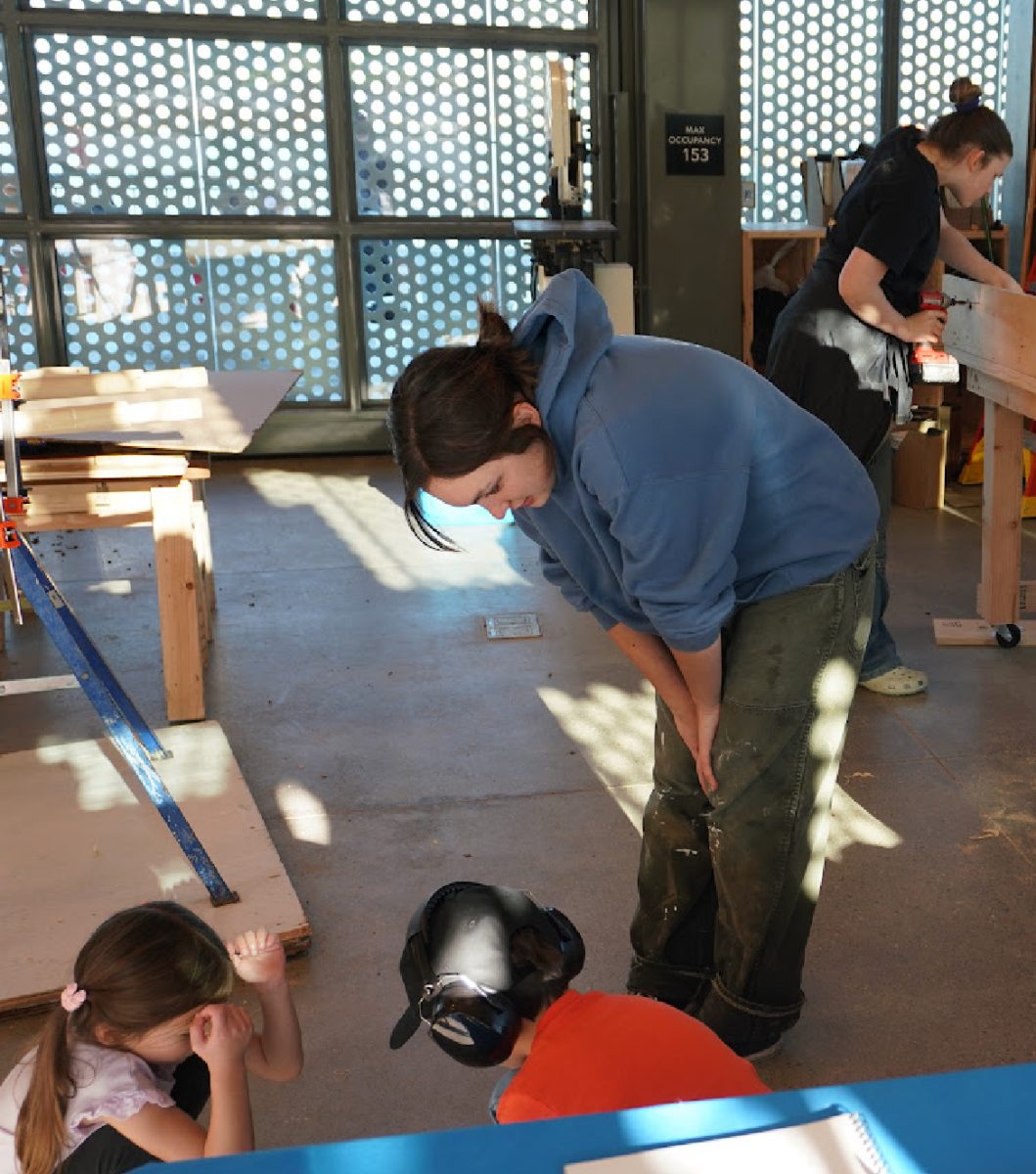Marin needs to stop neglecting its child abuse crisis
September 7, 2021
Many Marin residents assume their county is unaffected by child abuse and neglect due to its affluent bubble. Yet, our affluence is less protective than many assume. Marin had 901 reports of child abuse in 2020, according to Child Parent Institute. The county has multiple childcare programs, including Marin Foster Care Association and Children and Family Services Emergency Response. However, these services address the issue after the harm is done — no amount of counseling or foster homes can mend the trauma abuse inflicts on children. A Marin Crisis Nursery is necessary to prevent this abuse from happening.
A crisis nursery is a confidential program that supports families by providing a safe space for children under five years old, the age group at the highest risk of abuse. Parents can request help if they are experiencing crises and need immediate care for their children. These nurseries provide “no questions asked” support, including help with parenting skills, access to public support programs and finding adequate jobs and housing.
According to the Centers for Disease Control and Prevention (CDC), this support is critical to reducing child abuse. Enhancing parenting skills, intervening when families are at risk and improving economic and housing security for families are recommended as three key strategies for minimizing child abuse. Crisis nurseries are a stark contrast to the reactionary systems Marin currently has, such as the Center for Domestic Peace, located in San Rafael. While the center provides reporting resources and cares for abuse victims, it does not give parents a way to eliminate their children from potential danger, as a nursery would. Caring for the abused is critical, and preventing the problem is even more so. 
Pre-existing nurseries have been proven to reduce abuse in their communities. The Sacramento Crisis Nursery provides 3,500 stays to children annually, and, according to its Annual Impact Report, 81 percent of the youth participants agreed that the services they received made positive changes. Our nation has not invested in nearly enough nurseries to serve our country’s population. There are only 48 crisis nurseries in the United States, and the closest to Marin is in Concord — too far of a drive to serve Marin families.
Although children are a focus in crisis nurseries, parental support is key to their success. Maria Sperber, former president of the Friends of the Crisis Nursery, recognized the positive and lasting impact a nursery can have.
“[My childhood] wasn’t the greatest. I’ll be honest, it was very chaotic and very stressful. I know, as a parent now, that my mom could have used something like a crisis nursery to help her make ends meet and put me in a safe place while she looked for a job or found an apartment,” Sperber said.
Sperber is one of many individuals who have recognized the benefits of nurseries for parents. After utilizing nursery services, 98.8 percent of parents report a reduction in stress, proving parental support in nurseries is successful.
Since the COVID-19 pandemic began, reports of child abuse have decreased across the U.S., according to the CDC. Some may claim this is an argument against preventative programs, however, many experts do not believe the reported reduction in child abuse is accurate. The decreased reports are assumed to be caused by fewer public eyes on children.
The Lansen Public Health Journal found that 20 percent of reports of neglect and abuse in the U.S. are made by educational personnel. This makes educators the country’s primary reporter. As children have attended school from home during the COVID-19 pandemic, it was difficult for educational personnel to identify abuse. Fewer reports do not equate to less abuse. General crises increase child abuse rates, so most experts believe abuse has been steady or even higher during the pandemic. According to the CDC, the pandemic’s effects of loss of income, increased stress and increased substance use increases the risk for child abuse and neglect.
The impact of child abuse is enormous for children, families and our society. According to the CDC, at least one in seven children has experienced abuse or neglect in the past year, and 1,840 children died of abuse and neglect in the United States in 2019. In addition, child abuse is a costly public health issue. In 2015, the CDC reported that the total economic burden associated with child abuse and neglect was approximately $428 billion. This is equivalent to other public health problems such as strokes and diabetes. Marin has many programs to help address abuse after it occurs, but our county will be far better off investing in preventing the initial abuse. A Marin crisis nursery would further Marin’s values as a progressive, humanitarian community.
Rachel Hann, program manager of the Sacramento Crisis Nursery, stated “Every family’s village looks different. Some families have aunts, uncles, grandmas and grandpas to help, and other families don’t have that support system. The crisis nursery helps provide support for families who don’t have that big village around them and gives them the opportunity [to] build their village.”







